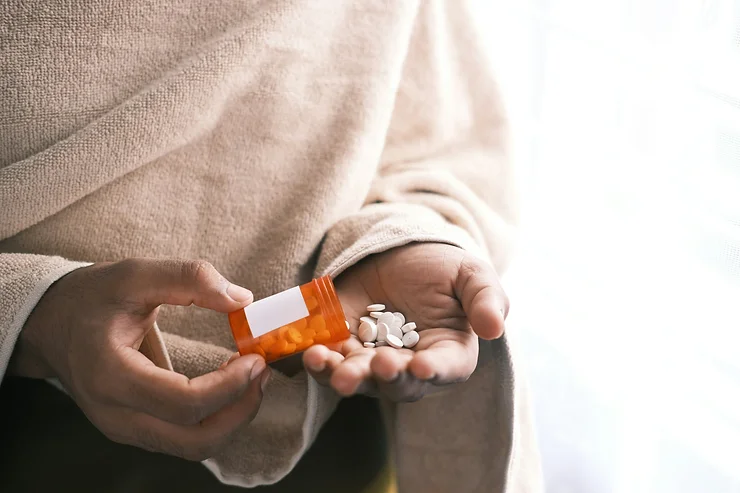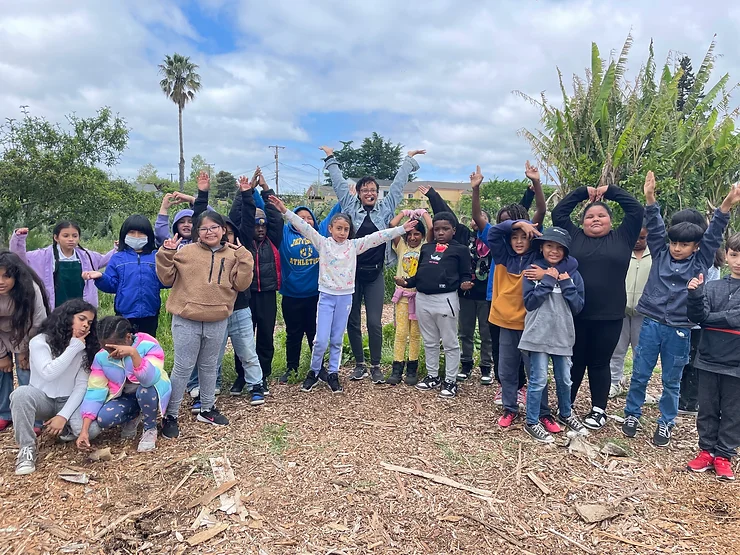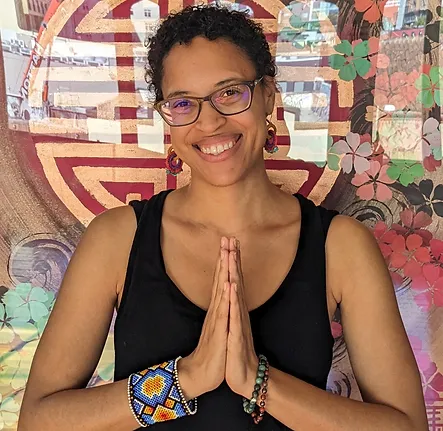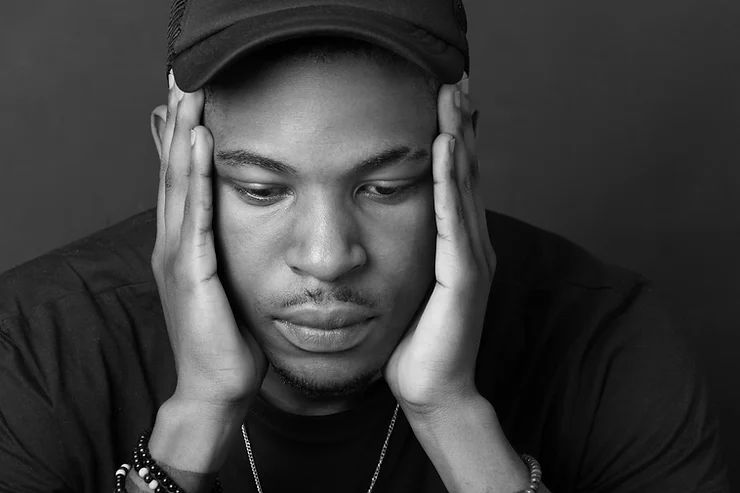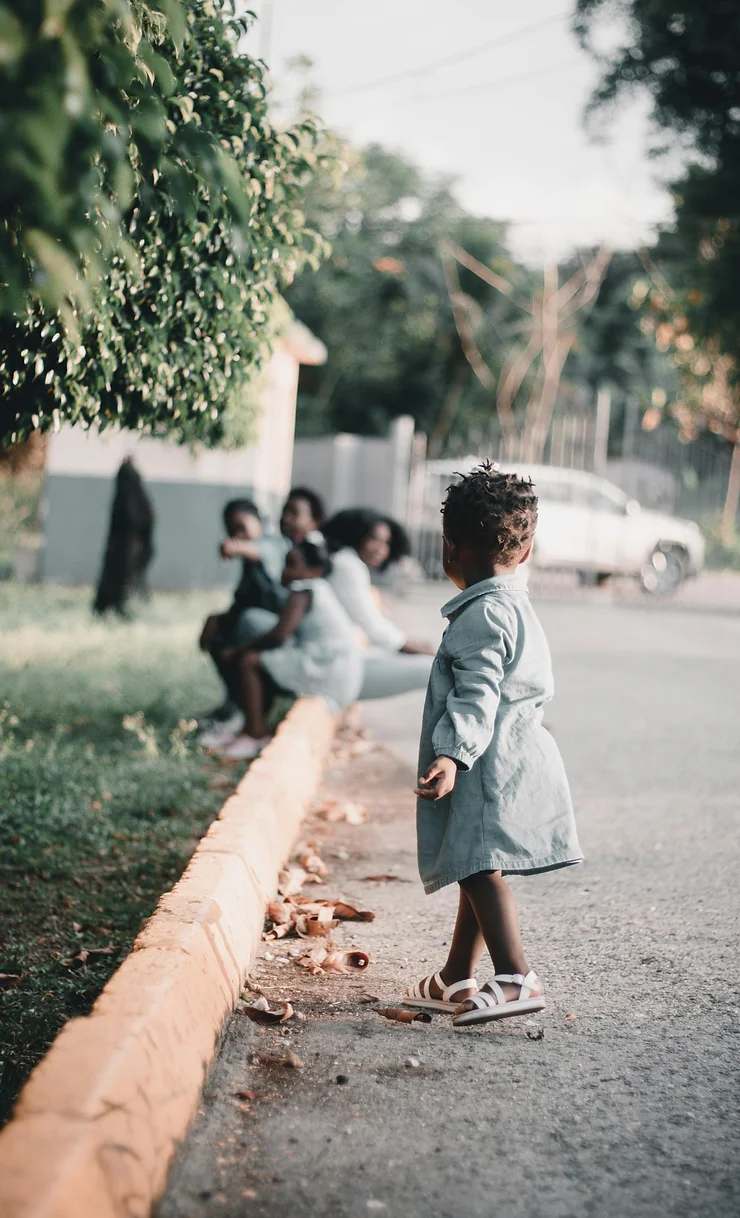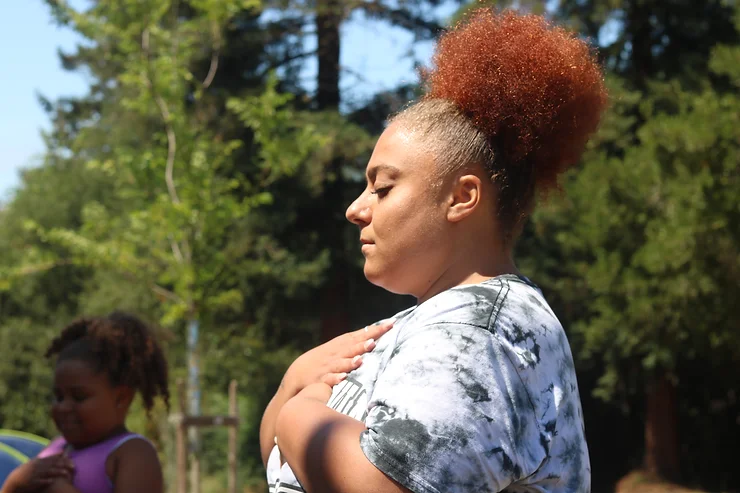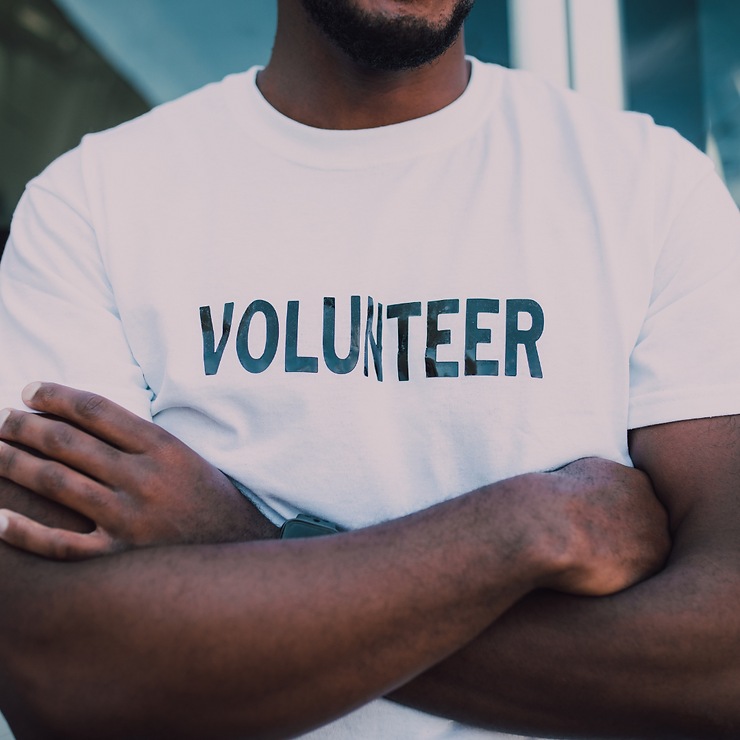The relation between trauma and addiction is a complex one that echoes through different racial and cultural contexts. In the black and brown community, this connection manifests uniquely, often rooted in systemic inequalities and societal pressures. Addressing this correlation is not just about understanding and responding to individual struggles, but also about recognizing the wider social structures at play.
For far too long, the black and brown community has faced disparities in access to healthcare, stigmatization of mental health, and disproportionate encounters with violence and poverty. These factors intertwine with the trauma spectrum and form the backdrop against which addiction can take hold. Today, we examine the crux of this issue and highlight the crucial need for informed, cultural-responsive interventions.
Understanding Trauma
Trauma comes in various forms, each with the potential to impose lasting effects on an individual’s perception of safety and self. In the black and brown community, there is a high prevalence of traumatic events, including racial violence, microaggressions, and historical oppression.
This includes not just the direct experience of violence or adversity, but the intergenerational transmission of trauma—whereby the effects of past harm continue to exert influence through familial narratives and cultural legacies.
Types of Trauma Prevalent in the Community
Direct Trauma
Physical and psychological violence, hate crimes, and interpersonal aggression can have immediate and drastic impacts, leading to a range of psychological disorders or to self-medication through substances.
Vicarious Trauma
Observed through exposure, such as cases of persistent media depiction of violence against black and brown individuals, which can lead to its viewers experiencing symptoms similar to those who have directly experienced trauma.
Systemic Trauma
The cumulative effect of ongoing discrimination, systemic racism, and institutional barriers that can create a pervasive sense of helplessness and erode individual and community mental wellness.
Exploring Addiction
Addiction is a multi-faceted issue, often mistakenly viewed as a mere failure of willpower or a character flaw. In the black and brown community, drug addiction, for instance, is often the result of a much more significant set of challenges, including socioeconomic strains, lack of support systems, and reduced access to quality healthcare services.
Different Forms of Addiction and Their Prevalence
Substance Abuse
Rampant substance abuse is, in many circumstances, a response to coping with undiagnosed or untreated trauma experienced by members of the community.
Behavioral Addictions
Beyond substances, behaviors such as gambling, and, in more recent contexts, overuse of media and the internet, can serve as maladaptive coping mechanisms.
Psychological Dependency
The need for a coping mechanism, devoid of the intellectual understanding of what is driving the behavior. Individuals can develop a compulsive relationship with substances or behavior, as opposed to just recreational use.
The Intersection: Trauma and Addiction
Trauma and the subsequent development of addiction are often interconnected. Traumatic experiences can lead individuals to adopt coping mechanisms that, while functioning in the short term, often become addictions over longer periods due to the intense neural rewards associated with them.
Living in a society that may not provide equitable access to adaptive resources following a trauma, members of the black and brown community can find themselves more vulnerable to addiction as a means of managing their distress.
Impact on Mental Health
The consequences of trauma-induced addiction on mental health can be profound and nuanced. Individuals may develop comorbid diagnoses, where mental illness and addiction reinforce and exacerbate each other.
Comorbidity of Trauma and Addiction
Revictimization
Challenges such as substance abuse can, in a cruel twist, render individuals more vulnerable to further trauma, further compounding their mental health struggles.
Self-Perception
Frequent inability to control the addictive behavior can lead to a deterioration of an individual’s self-image and their general mental well-being.
Community Resilience
Addiction can also erode the fabric of the community’s resilience, perpetuating cycles of trauma and harming the community’s ability to heal and grow together.
Community Solutions
Despite these challenges, there are initiatives and resources within the black and brown community that are dedicated to providing support and pathways to recovery.
Support Systems and Resources Available for Recovery
Culturally Responsive Therapy
Mental health services, rooted in the community’s cultural practices and beliefs, can be crucial in addressing the link between trauma and addiction.
Peer Support Groups
Organizations led by individuals with lived experiences can provide a level of understanding and empathy that traditional support channels may not offer.
Advocacy and Education
Raising awareness about the connection between trauma and addiction, and advocating for more accessible treatment and resources, can help empower individuals on the road to recovery.
Self Care Practices
Self-care practices, such as mindfulness, exercise, and healthy coping mechanisms, can also provide individuals with tools to manage their mental health and avoid or recover from addiction.
Addressing Trauma to Combat Addiction
To truly address the issue of addiction in the black and brown community, we must confront trauma head-on. This involves a multi-faceted approach that includes destigmatizing mental health and addiction, creating more culturally responsive resources, and addressing systemic inequalities that perpetuate trauma.
By prioritizing informed, cultural-responsive interventions and breaking down barriers to recovery, we can work towards healing the community as a whole and promoting lasting well-being. Let us continue to have open and honest conversations about trauma, addiction, and their intersection in order to create a brighter and healthier future for all members of the community.
Resources
Resources for Those Affected by Addiction
For individuals and families grappling with addiction and seeking support, numerous resources are available that cater specifically to the needs of the black and brown communities. Here are some invaluable organizations and platforms offering assistance:
- Substance Abuse and Mental Health Services Administration (SAMHSA): A national helpline providing confidential, free, 24/7, 365-day-a-year treatment referral and information service (in English and Spanish) for individuals and families facing mental and/or substance use disorders. Contact: 1-800-662-HELP (4357).
- National Association for Children of Addiction (NACoA): Focuses on providing support to those affected by a parent’s drug or alcohol use, offering a safe space for shared experiences. Website: www.nacoa.org
- The Black Mental Health Alliance (BMHA): Develops, promotes, and sponsors trusted culturally-relevant educational forums, trainings, and referral services that support the health and well-being of Black people and other vulnerable communities. Website: www.blackmentalhealth.com
- Minority Mental Health Project: An initiative that aims to reduce the mental health disparities within minority communities by offering resources, support networks, and education. Website: www.minoritymentalhealth.org
- The Steve Fund: Dedicated to the mental health and emotional well-being of students of color, offering programs, resources, and research tailored to their needs. Website: www.stevefund.org
- Inner City Bliss: Committed to addressing mental health issues within urban communities, Inner City Bliss offers therapeutic programs that integrate holistic practices to support trauma recovery and mental wellness. By focusing on mindfulness, meditation, and therapeutic arts,we strive to offer healing solutions that are accessible and impactful for those living in inner cities. Your support can help extend the reach of these crucial services. Please consider donating to our cause and helping us promote mental health awareness and recovery in underserved communities.
These resources embody a commitment to understanding and addressing the unique challenges faced by individuals in the black and brown communities affected by addiction. Seeking help is a sign of strength, and these organizations provide a beacon of hope and pathway toward recovery and healing.

